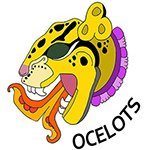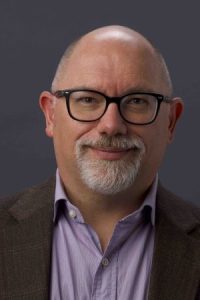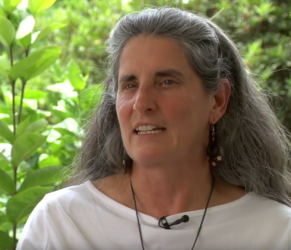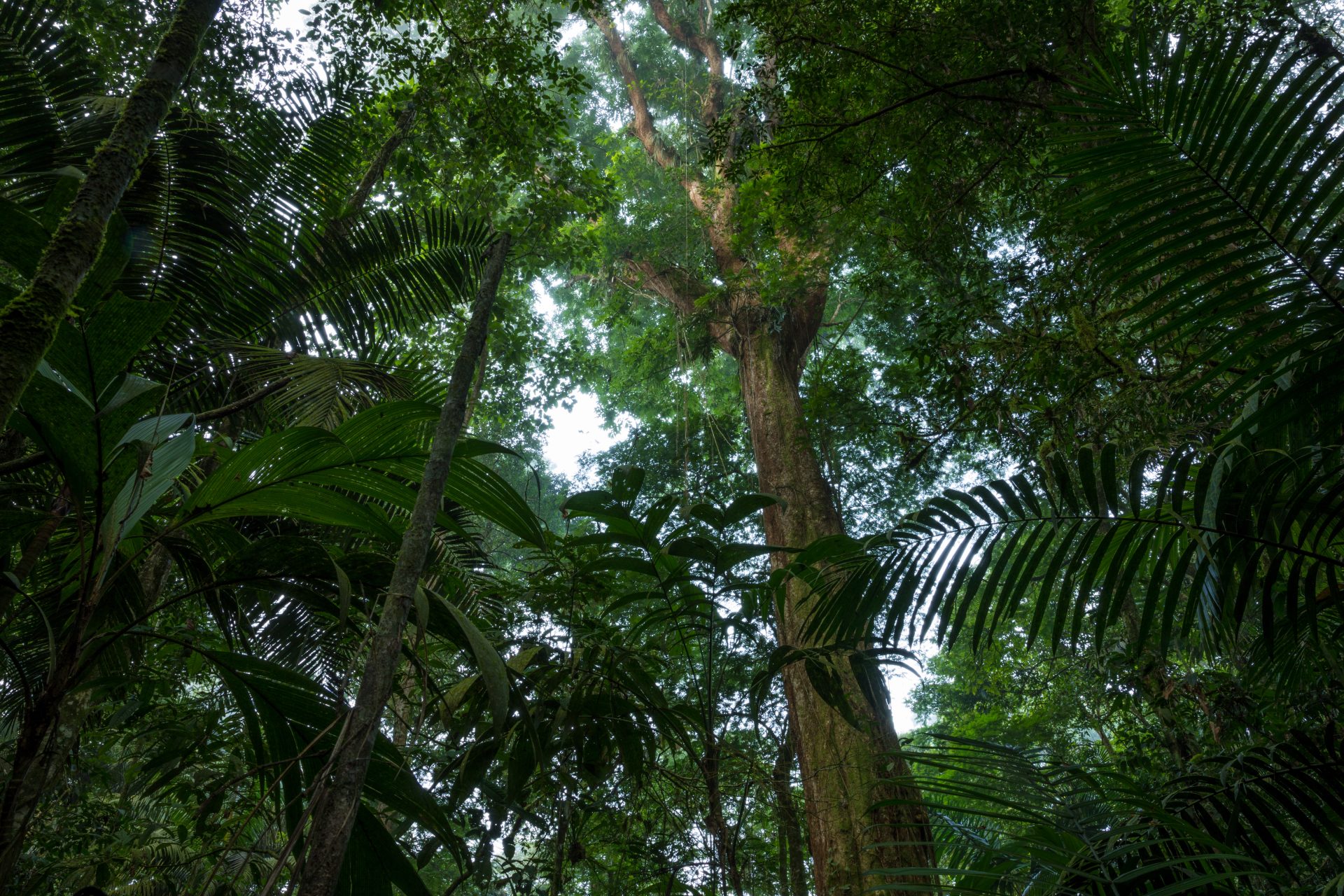
OTS is represented in the OCELOTS network. New online modules for teaching tropical biology are based on research by the OTS community. La Selva researchers G. Small and C. Ganong created a module to allow students to explore how phosphorus cycling changes with stream characteristics and the relationship of the phosphorus cycle to conservation.[1] The module created by E. Kuprewicz and C. Garcia-Robledo explores an experimental approach to testing how individual foraging behavior of seed-dispersing animals scales up to determine plant community structure. [2] Learn more on the OCELOTS website.

Dr. Terry McGlynn, 2024 Fellow, Ecological Society of America. Terry is a Professor of Biology at California State University, Dominguez Hills. Terry’s publications on the behavior, foraging, thermal tolerance, and dietary preferences of ant species at La Selva have expanded understanding of the basic ecology of many species of ants. Within and beyond his home campus, he has worked for equity, broadening representation and evidence-based teaching and mentoring practices. In 2020, McGlynn published the Chicago Guide to College Science Teaching. Terry advocates fiercely for students, writes for a wide audience through his popular blogs Small Pond Science and Science for Everyone, and asks many questions in service to the ecological community.

Dr. Bette Loiselle, 2023 Fellow, Association for Tropical Biology and Conservation. Bette is a professor in the Department of Wildlife Ecology and Conservation, as well as the Director of the Tropical Conservation and Development Program at the University of Florida’s Center for Latin American Studies Biology at University of Florida. Her research has focused on the life histories and mating systems of tropical birds, the ecological role of animals as seed dispersers, and life histories of tropical birds, and the potential effects of global change on the distribution of birds and their plant foods in tropical systems. Among other services to the professional community, Bette served as chair of the OTS Board of Directors from 2006-2012. One of Bette’s numerous Ph.D. students writes:
I have very fond memories of studying with Bette (Spatial Analysis using GIS, Conservation Biology, Neotropical Ornithology (an OTS course!), and would not have made it through the Ph.D. program without her guidance. It is hard to walk into a tropical forest to chase down its feathered residents and not think of Bette, given her dedication to avian conservation and research, and preparing us with the knowledge, skills, and attitude to do the same. However, I probably think of her more often when I walk into my classroom. Following her lead, I want to provide them with the same kind and careful guidance I (and countless others) received from Bette. While I think she gave her brilliant mind to the birds, she generously gave her heart to her students. Jeff Norris, Natural Solutions – Costa Rica.
[1] Ganong, C., Small, G. (2024). Fish, forests, and phosphorus: How do tropical fish, rainforest canopies, and volcanic groundwater inputs affect stream phosphorus cycling?. OCELOTS, QUBES Educational Resources. doi:10.25334/6WXN-PH93
[2] Kuprewicz, E., Garcia-Robledo, C. (2024). Biting into “Science Cookies”: Are seed fates determined by seed size or chemistry?. OCELOTS, QUBES Educational Resources. doi:10.25334/YM5S-3T40

